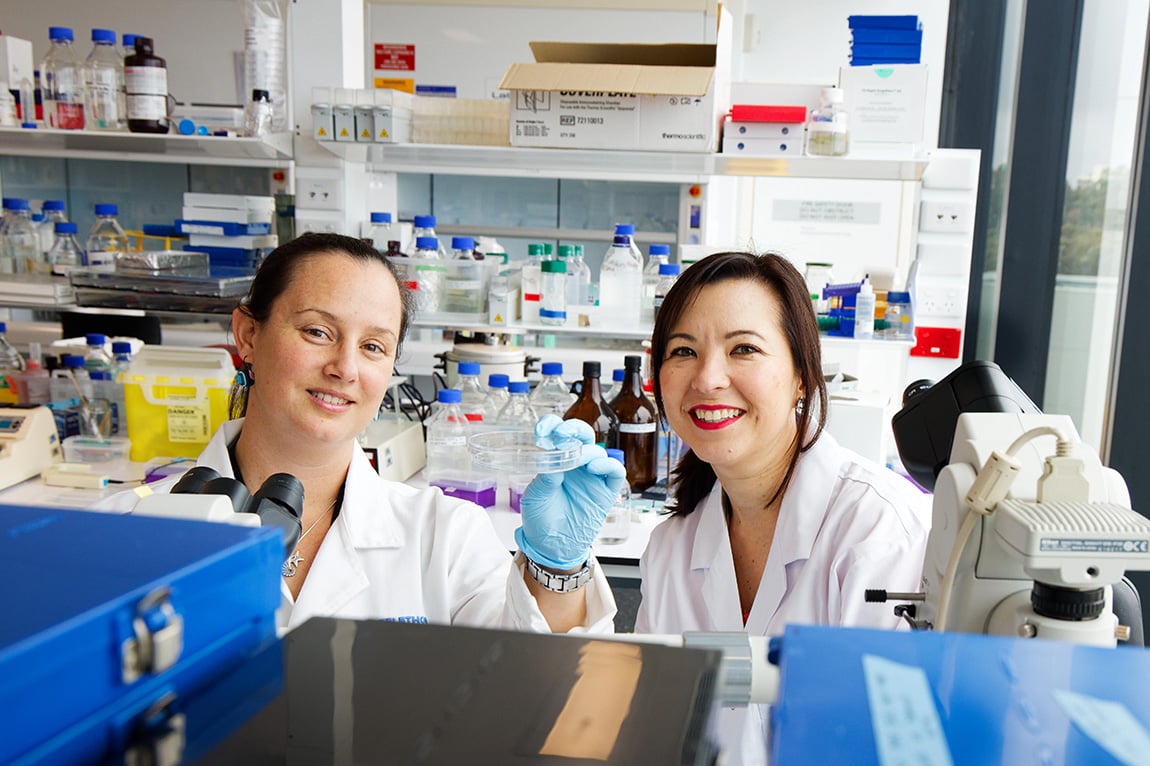Search
The Health of Aboriginal Children and Young People
This resource kit for Aboriginal health workers is an exciting milestone in the Rio Tinto Aboriginal Health partnership with The Kids Research Institute Australia

ACCARE provides high level advice to the Institute's Director around strategic directions and operational elements relating to Aboriginal health research

Aboriginal health is everyone's business. The needs of Aboriginal and Torres Strait Islander families and kids is integrated into all relevant areas of our work. Improving the health and wellbeing of Aboriginal and Torres Strait Islander kids and families is an overarching priority for every team at The Kids.

Facilitate research interest & opportunities that involve Aboriginal families & communities and build the capacity and development of Institute researchers
As part of the discussions with Kimberley Aboriginal Medical Service (KAMS) to establish the Broome site of the WAAHKN it has been agreed to establish...

More than 3,000 skin checks have been undertaken as part of a large clinical trial in WA’s Kimberley region aimed at halving the burden of skin sores in school-aged Aboriginal children.

Flare-ups of asthma are usually brought on by respiratory infections, such as the common cold, and are one of the most common reasons for a child to miss school or require emergency care.

Dedicated to preventing and managing chronic conditions in children, such as respiratory disease, diabetes, and cancer. This theme focuses on research to reduce the long-term impact of these conditions on quality of life and healthcare systems.
Streptococcus A is a bacterium often found in the throat and on the skin.
